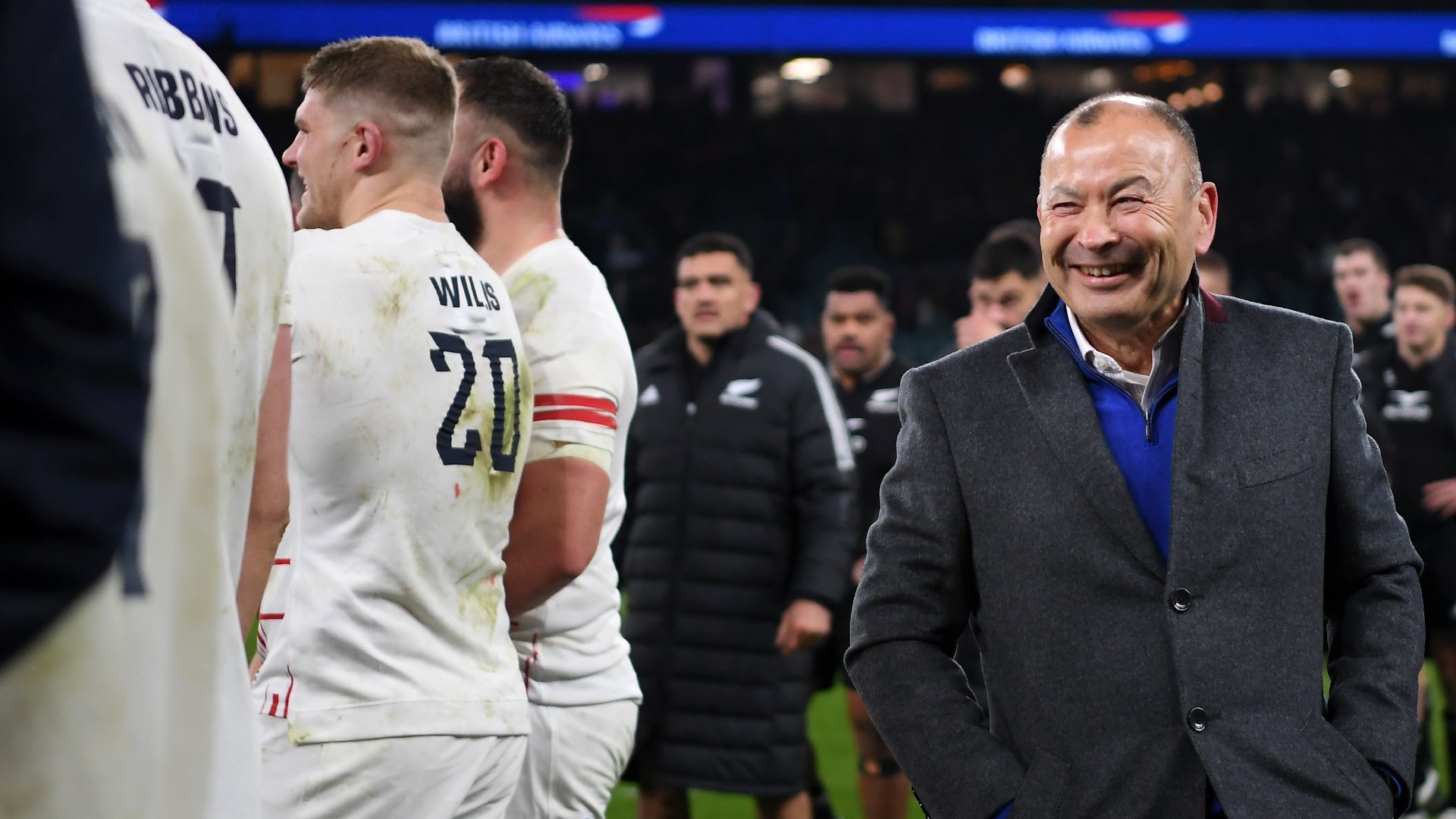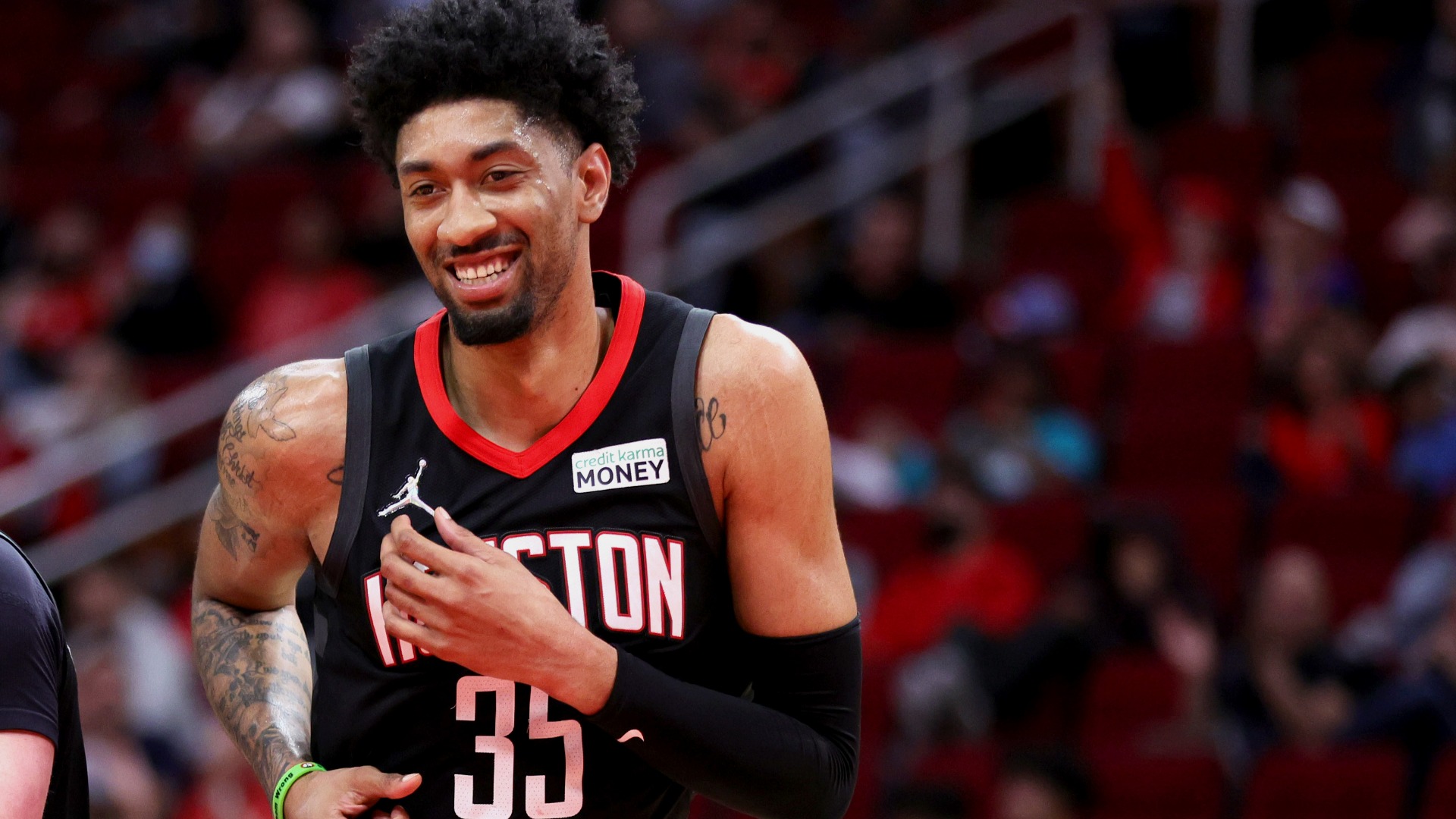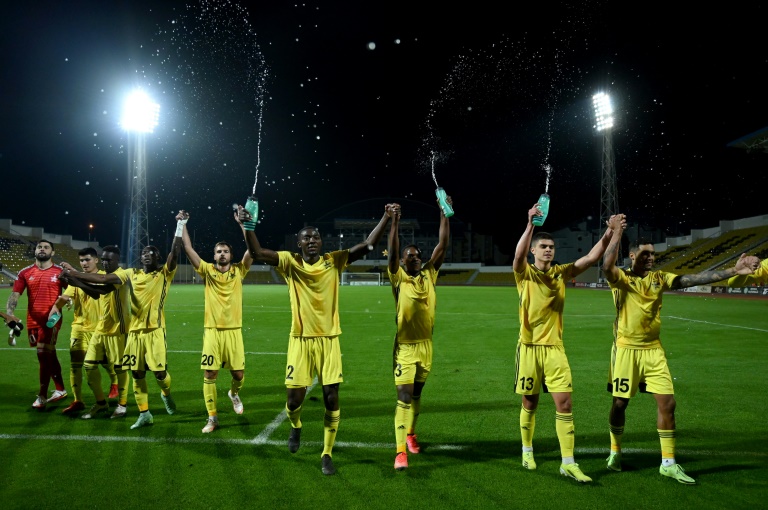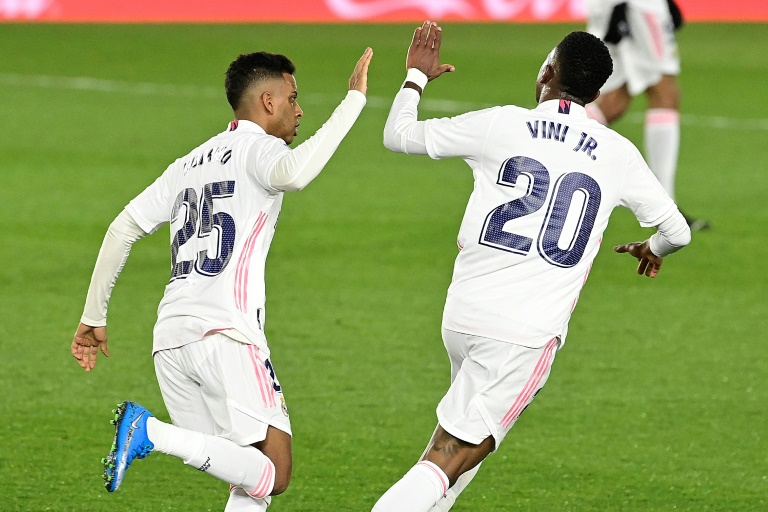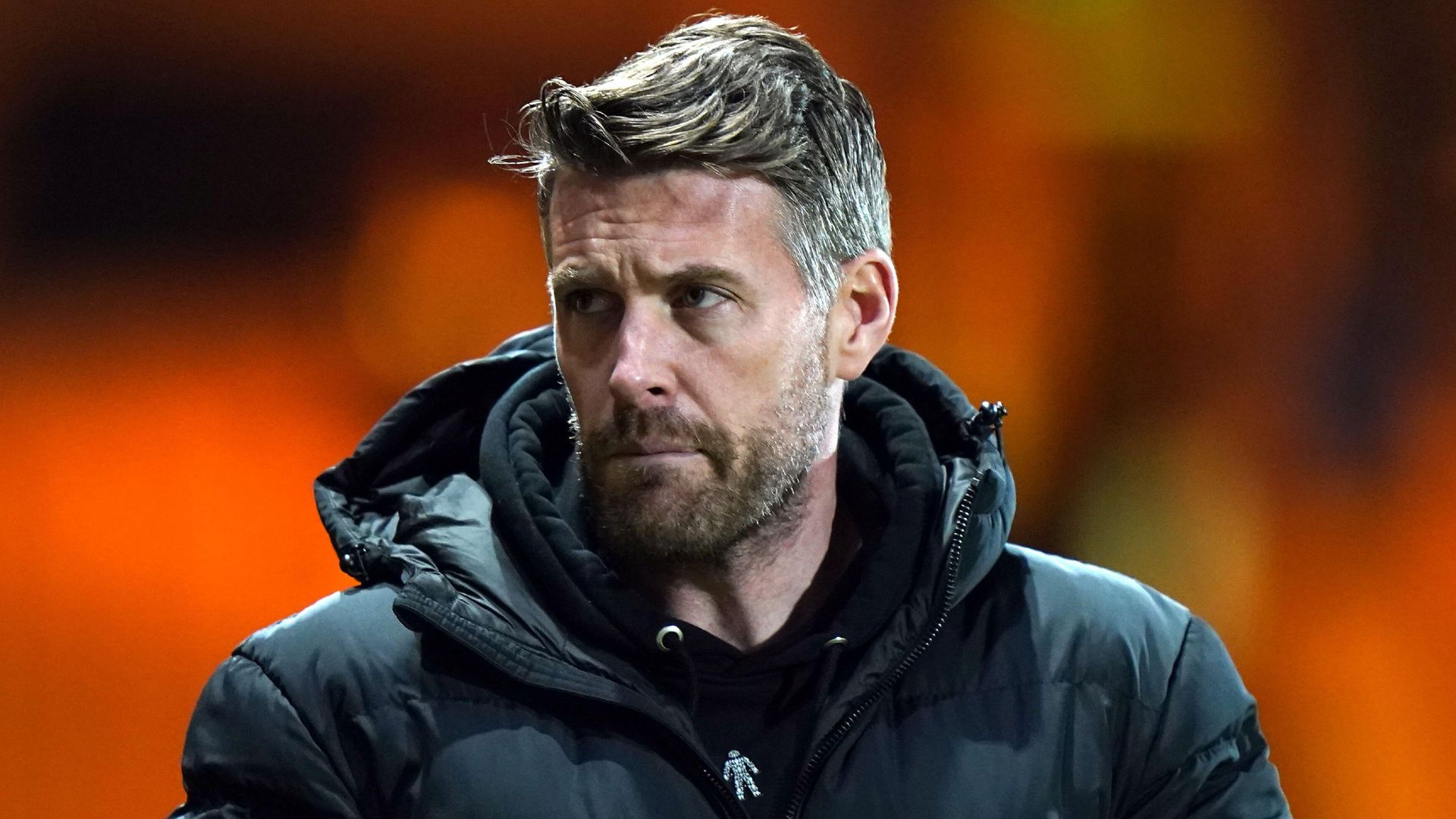
When Watford change managers they usually make headlines — and the Hornets’ appointment of Rob Edwards is no different.
Edwards, 39, has controversially left League Two champions Forest Green Rovers just four days after guiding the Gloucestershire outfit to the title.
Rovers chairman Dale Vince was understandably unimpressed, suggesting the relegated Premier League outfit were deceitful in their approach to landing the former Wales international.
Edwards will replace 74-year-old Roy Hodgson in the Vicarage Road dugout from next season and becomes the 16th permanent appointment under the Pozzo family in the last decade.
With the Hornets’ penultimate game of the season coming up against Leicester on Saturday, we take a look at what the club should expect from Edwards and the issues he needs to solve.
Unite a divided fanbase
Watford fans have long backed the club’s owners. But two Premier League relegations in three seasons, overseen by seven bosses, have tested that faith.
Hodgson was only ever a short-term appointment, signing a contract until the end of the season when he was handed the reins in January.
But the former England manager has failed to enamour himself with the Vicarage Road faithful — picking up two wins from 16 league games as the Hertfordshire club slumped to relegation with little fight.
Edwards must now unite a fanbase that has been growing in discontent. The appointment of a young, forward-thinking coach will go some way to doing that. But results must follow.
Instil an identity
For too long, Watford have lurched from manager to manager, with little connecting one appointment to the next.
Rookie Xisco Munoz delivered promotion by playing attacking football. When he was sacked seven games into the new season, the vastly experienced Claudio Ranieri came in but failed to tighten up a leaky defence.
Hodgson was brought out of retirement and although he has improved a backline that was shipping 2.31 goals per game under Ranieri, it has come at the expense of the team’s attack.
The result of the incoherent chain of appointments has been another drop down to the second tier and a squad which is lacking in identity and not fit for purpose.
All this while playing a staid, risk-averse style of football, which has seen them attempt and complete the fourth-fewest passes in the top flight this term.
Front-foot football
Edwards’ appointment should go a long way to resolving that issue. The former Wolves defender cultivated an attractive and effective style with Forest Green, utilising a 3-4-1-2 shape.
The title winners topped League Two for expected goals (81.02) and expected goals conceded (41.42).
Positive, attacking football with a focus on transitions and high pressing will be the order of the day. Rovers were fourth in the division for challenge intensity (7.9) — the number of duels, tackles and interceptions per minute of opponent possession.
Wing-backs Kane Wilson and Nicky Cadden have played a significant role, recording more key passes and a higher expected assists value than any other wing-backs in the division.
Build a culture
Wilson and Cadden are far from the only players to have improved under Edwards’ guidance.
Striker Mathew Stevens played just 172 minutes for Rovers last term but struck 27 times in all competitions this season before injury.
That, in part, is down to the culture Edwards has built at The New Lawn, which involves putting faith in his players.
He said: “We want a culture where people can be brave and not afraid to try things. We don’t care if they make mistakes.
“That is going to happen, it is human nature. I will make more mistakes than anyone. But we try to learn from it.”
So much so, players and staff often socialise together long after finishing dinner during away trips.
Edwards said: “That’s unique. I’ve never known that to happen. When I’ve been involved with other teams, the players will have dinner and go off to their rooms to do their own thing.”
Tighten up the defence
Watford have the third-lowest expected goals total in the Premier League (38.88) — but it is their defence which needs attention most urgently.
They have the fifth-worst expected goals conceded tally (60.17), have been breached 70 times and kept just four clean sheets.
Centre-backs Christian Kabasele, Craig Cathcart and Samir have been found wanting. Meanwhile, goalkeeper Ben Foster has the second-worst xG conceded differential this season, conceding nine goals more than he should have done.
With the Hornets’ incoming manager playing a back three, an emphasis will be placed on improving a porous rearguard while finding players suitable for his system and style of play.
If Edwards is successful, he could be the man to end Watford’s revolving door policy.





